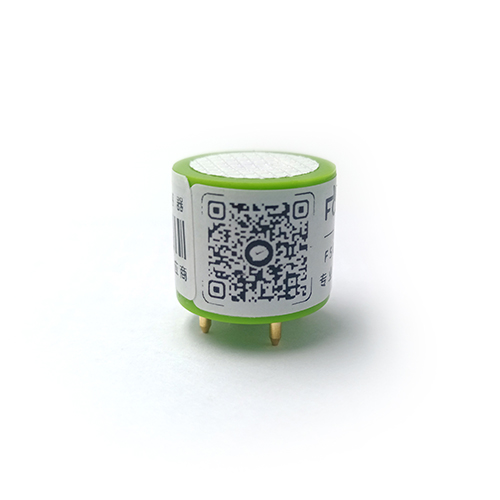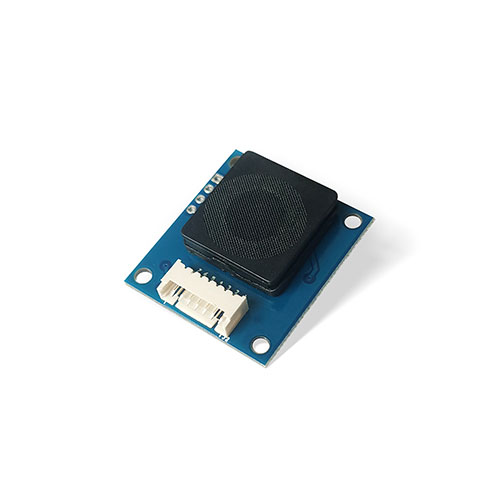Electrochemical gas sensor working principle
Electrochemical gas sensor is a common gas detection method, which is a device that uses electrochemical principles to detect gas concentration. It can measure various types and quantities of gases. The detection results are accurate, sensitive, low in price, and have strong anti-interference ability. It can continuously monitor the gas concentration and provide on-site data and real-time monitoring functions, which can effectively solve the actual gas detection problems. .Fosen produces more Electrochemical gas sensor models, which can be used in different industrial environments.
Electrochemical gas sensor working principle
The electrochemical sensor operates by reacting with the analyte and generating an electrical signal. Most electrochemical gas sensors are current sensors, producing a current that is linearly proportional to the concentration of the gas. The principle of the current measurement sensor is to measure the current-potential relationship in an electrochemical cell where equilibrium is not established. The current is quantitatively related to the rate of the electrolysis process of a sensing electrode (also known as the working electrode) that normally maintains a constant potential using another electrode (the so-called reference electrode).
Solid polymer electrochemical sensing technology is a revolutionary innovation in the field of electrochemical detection technology. The technology is based on the principle of electrochemical gas detection and measures various gases that can be chemically decomposed. The sensor consists of three electrodes in contact with the electrolyte, typically consisting of a large surface area of precious metals and other materials. The electrode, the electrolyte and the surrounding air are in contact, and the gas diffuses through the back of the porous film into the sensor’s working electrode, where the gas is oxidized or reduced, and this electrochemical reaction causes an electric current to flow through the external circuit.
Advantages of Electrochemical gas sensor
- High sensitivity: the detection sensitivity of the electrochemical sensor is higher, the range of gas components that can be detected is wider, and it also has high detection sensitivity for relatively rare gases
- Short response time: The response time of the sensor is short, depending on the instrument, the shortest can reach a few seconds, which meets the requirements of rapid response for environmental monitoring
- Real-time detection: the sensor can be continuously monitored at the same point, the method of use is simple, no sampling is required, and on-site gas data can be obtained in real time, providing timely and reliable on-site data 4. Easy maintenance: the electrochemical sensor does not require a special environment and can be installed In various environments, and without regular maintenance, it has high reliability and strong security.
Electrochemical gas sensor disadvantages:
- Poor anti-interference ability: The anti-interference ability of gas sensors is poor, which is the weak point of electrochemical sensors in practical applications.
- High production cost: due to the particularity and detail processing of electrochemical gas sensor components, the production cost is relatively high.
- Low detection accuracy: Due to the complex structure of the gas sensor, the detection accuracy is low, and the detection data is difficult to obtain








